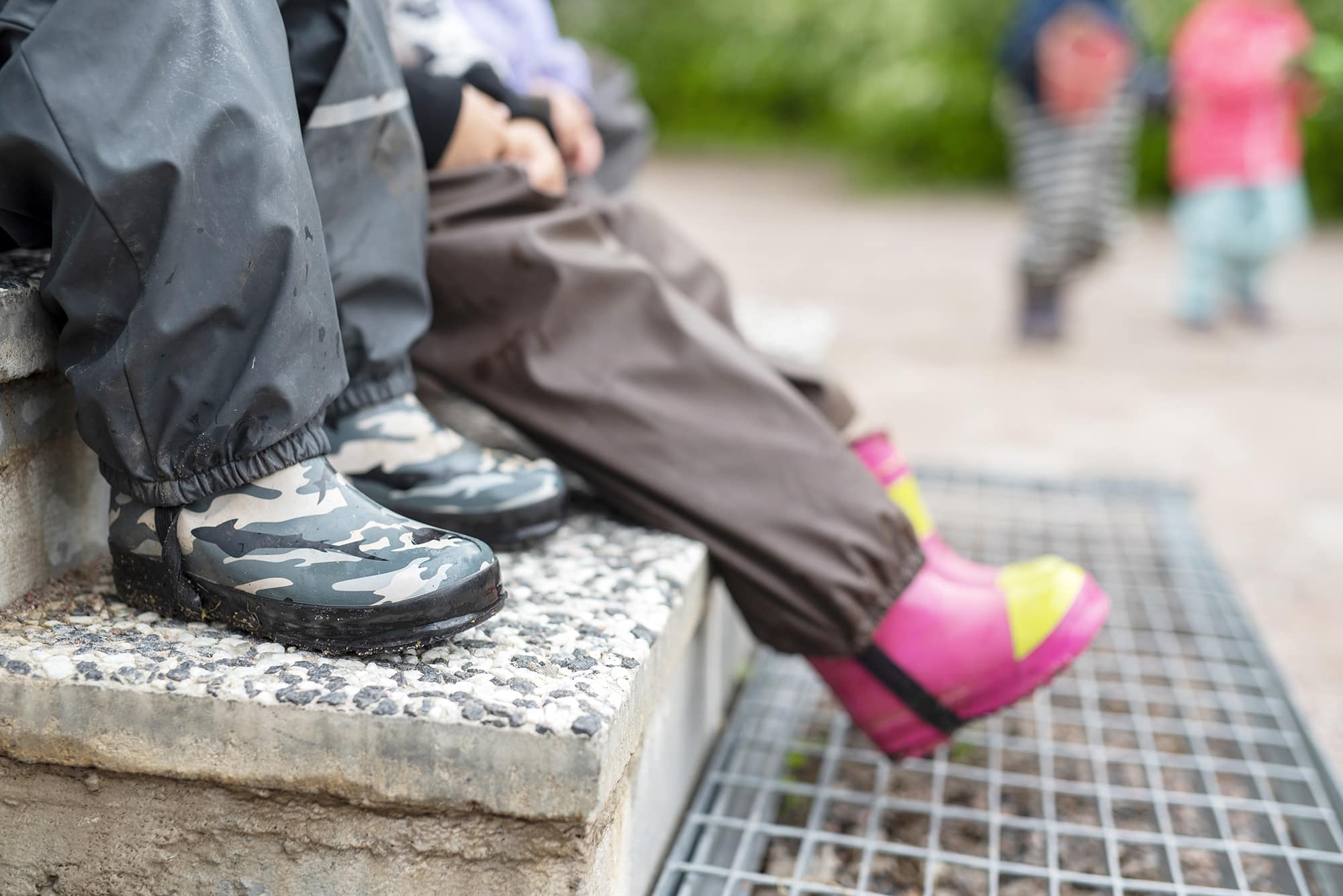
Summary
Delivery of the intervention: Group-based
Aim of the intervention: The aim of the intervention is, as early prevention, to support children’s school readiness, social and socio-emotional skills and self-regulation.
Description of the intervention: The intervention is group-based and targeted at 3–7 years old children to improve the development of their emotional and problem-solving skills. Second steps is targeted at pre-school children and first year primary school children. Second step early learning -intervention is developed based on the Second Step for 3–5 years old children at the early education. An education professional holds short lessons, which focus on a specific weekly theme. The intervention themes and duration of the lessons vary depending on the children’s age. It is recommended that Second step / Second step early learning –lessons are held in a child group weekly and the intervention includes 22–28 weekly themes. Parents are provided with information about the program and exercises that they can do at home with the child. The home exercises support the Second step early learning / Second step -lessons given at the early education and in primary school, respectively. The intervention has also been applied as a tool in special group therapies.
Availability of the intervention in Finland: Method training for the intervention is aimed at education professionals. In Finland, Hogrefe Publishing Group Oy and Akat Consulting Ab are responsible for the training. The intervention has been adapted from the original US Second step program, which has been developed for the prevention of aggressive and violent behavior of adolescents. The intervention is used in early and primary education in Finland. There is no exact information for the regional availability of the intervention.
Research- and evidence-based efficacy of the intervention: There is abundant international international research on Second Step / Second Step Early Learning –interventions. Effectiveness of the intervention has been studied in a systematic literature review and in a meta-analysis comprising of 24 RCT studies (Moy & Hazen 2018). The meta-analysis showed that the intervention did not effectively increase prosocial behavior or reduce aggressive or unwanted behavior (Moy & Hazen 2018) but it was indirectly related to better preschool readiness (Wenz-Gross et al. 2018). There is moderate research-based evidence of effectiveness of the intervention.
Literature:
- Moy, G. E. & Hazen, A. (2018). A systematic review of the Second step program. Journal of School Psychology, 71, 18–41.
- Wenz-Gross, M., Yoo, Y., Upshur, C.C. & Gambino, A. J. (2018). Pathways to kindergarten readiness: The roles of Second Step Early Learning curriculum and social emotional, executive functioning, preschool academic and task behavior skills. Frontiers in Psychology, 9, 1886.